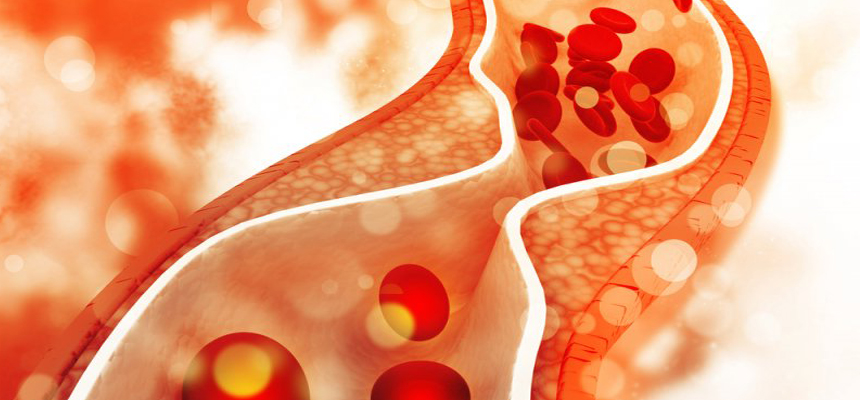High cholesterol is a common condition in which there is an excess of cholesterol in the blood. Cholesterol is a type of fat that is essential for good health, but having too much can increase the risk of serious health problems, including heart disease, stroke, and sexual dysfunction. Sexual dysfunction is one of the severe causes of high cholesterol which can tempt men to take medicines like Vidalista and Vilitra.
Impact on Health
High cholesterol can have a significant impact on overall health, including:
- Heart Disease: High cholesterol can increase the risk of heart disease by contributing to the formation of plaque in the arteries, which can restrict blood flow to the heart and increase the risk of a heart attack.
- Stroke: High cholesterol can also increase the risk of stroke by contributing to the formation of plaque in the arteries that supply blood to the brain.
- Peripheral Artery Disease: High cholesterol can increase the risk of peripheral artery disease, a condition that narrows the arteries in the legs, arms, and pelvis, reducing blood flow to these areas and causing pain and discomfort.
Impact on Sexual Function
High cholesterol can also have a significant impact on sexual function, including:
Erectile dysfunction: High cholesterol can increase the risk of erectile dysfunction (ED), or the inability to achieve and maintain an erection. This is because high cholesterol can contribute to the formation of plaque in the blood vessels, reducing blood flow to the penis and making it difficult to achieve and maintain an erection.
Reduced libido: High cholesterol can also affect sexual desire and the ability to engage in sexual activity. This can be due to fatigue, weakness, and a lack of physical energy, which are common symptoms of CVDs that can also be caused by high cholesterol.
Risk Factors
Several factors can increase the risk of high cholesterol, including:
- Age: The risk of high cholesterol increases with age, especially after the age of 45.
- Family history: A family history of high cholesterol can increase the risk of developing the condition.
- Unhealthy Diet: An unhealthy diet that is high in saturated and trans fats can increase the risk of high cholesterol.
- Obesity: Obesity can increase the risk of high cholesterol, as well as many other health problems.
- Inactivity: A lack of physical activity can increase the risk of high cholesterol and many other health problems.
Prevention:
There are several steps you can take to reduce the risk of high cholesterol, including:
- Eating a Healthy Diet: A diet that is low in saturated and trans fats and high in fiber, fruits, and vegetables can help reduce the risk of high cholesterol.
- Exercise Regularly: Regular exercise, such as brisk walking, can help improve cholesterol levels and reduce the risk of high cholesterol.
- Maintain a Healthy Weight: Maintaining a healthy weight through diet and exercise can help reduce the risk of high cholesterol.
- Quit Smoking: Quitting smoking can greatly reduce the risk of high cholesterol, as well as many other health problems.
High cholesterol is a serious condition that can have a significant impact on overall health, including sexual function. By reducing risk factors and adopting a healthy lifestyle, you can reduce your risk of developing high cholesterol and improve your overall heart health and sexual function. It can help you avoid the use of medicines like Fildena 100 and Cenforce 100.
If you are concerned about high cholesterol, it’s important to speak with your doctor and have regular cholesterol tests to monitor your levels and ensure you are taking the necessary steps to maintain good health.

